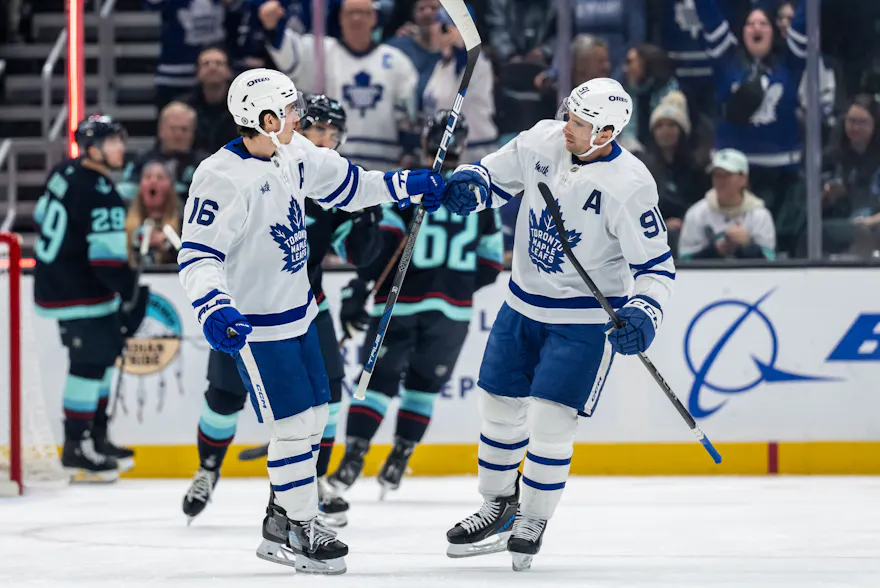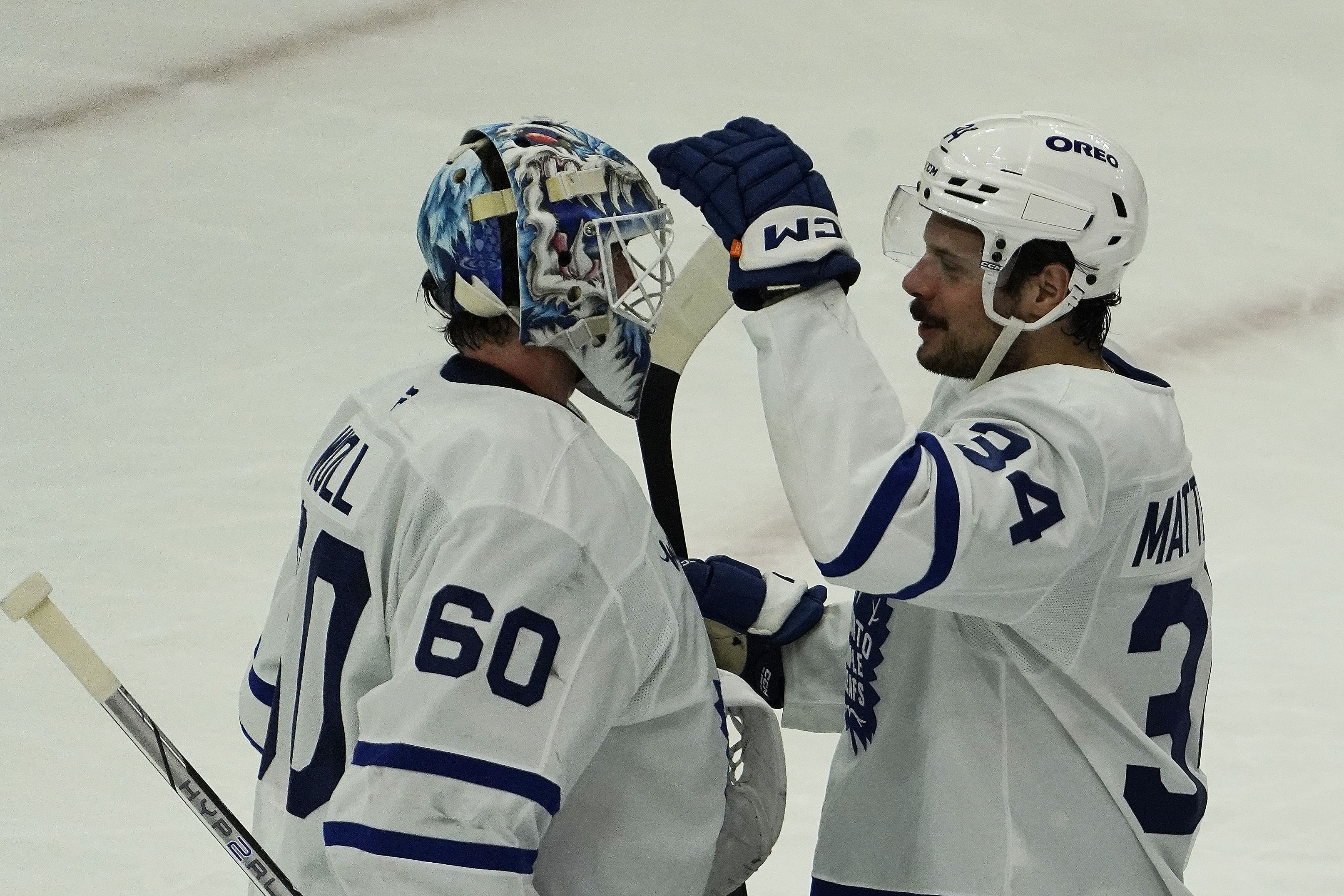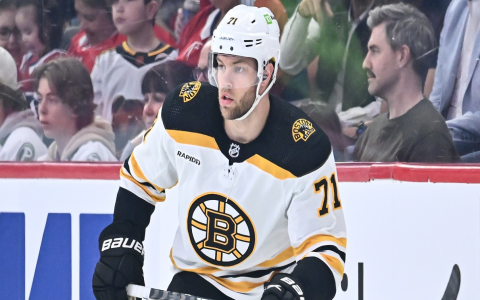Alright, folks, let’s dive into this “Boston Toronto Prediction” thing I messed around with today. It wasn’t anything fancy, just me trying to see if I could predict something about these two teams. No magic, just some good old-fashioned data digging.

Getting Started
First, I needed some info, right? So, I went hunting for stats. I wasn’t picky. I grabbed whatever I could find – recent game scores, player performance, maybe even some stuff about injuries. It was like making a stew; you throw in whatever looks good and hope it tastes okay in the end. The main idea here was to simply collect!
Wrangling the Data
Next up, the boring part (but super important!). I had all this data, but it was a mess. Think of a giant pile of LEGO bricks – you gotta sort them before you can build anything cool. So, I spent some time cleaning things up, making sure the numbers were in the right format, and generally just getting everything organized. This means looking, correcting, and fixing the data.
The “Prediction” Part
Okay, this is where it gets a little fuzzy. I’m no data scientist, so I didn’t use any super-complex algorithms or anything. I basically just looked for patterns. Were there any trends I could spot? Did one team usually win at home? Did a certain player always score against the other team?
I put all of them into a list:

- Trend 1
- Trend 2
- Trend 3
It was more like educated guessing than actual prediction. I added all of them up, looked at them hard, and thought!
My “Aha!” Moment (Maybe)
After staring at the numbers for a while, I started to see a few things that might be useful. For example, maybe Boston tended to win more often when they played at home, or maybe Toronto’s scoring went down when their star player was having an off day. These were just little hints, not guarantees.
The Big Reveal (Sort Of)
So, based on all this, I made a… prediction. Drumroll, please… It wasn’t anything earth-shattering. It was more like, “Based on what I’ve seen, I think Boston has a slightly better chance of winning this particular game.” I wouldn’t bet my house on it, but it was something.
The Takeaway
Honestly, the whole point of this wasn’t to become a sports prediction guru. It was more about the process – gathering data, cleaning it up, and trying to find some meaning in it. It was like a little puzzle, and even if my prediction turns out to be totally wrong, I still learned something along the way. And that’s what really matters, right? Keep learning and improving!

















